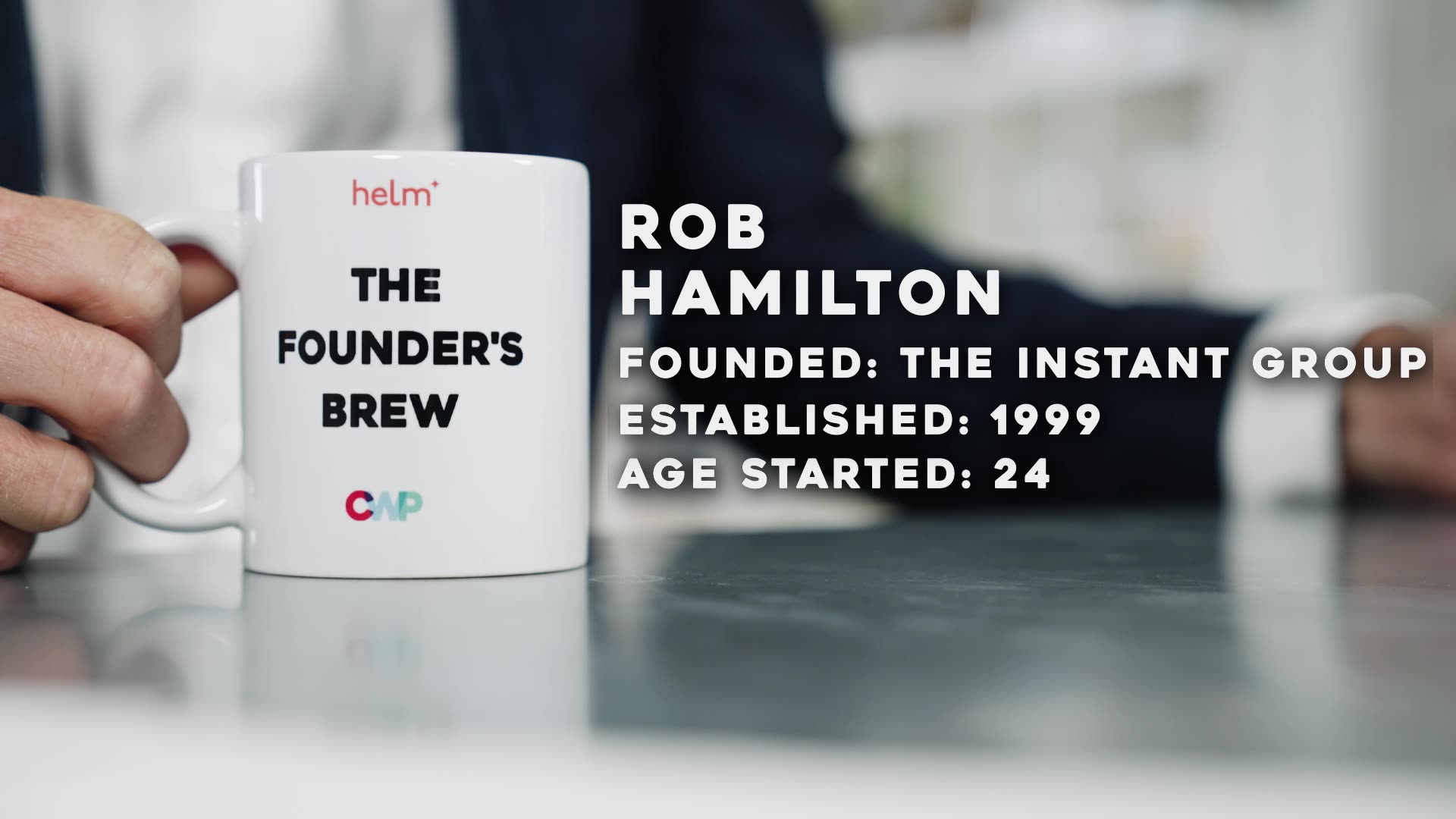More and more British businesses are joining the B Corp movement and pledging to balance purpose with profit. Prioritising the environment, the welfare of everyone who interacts with the business, and committing to ethical trading practices is no mean feat but the process of certification itself can be pretty straightforward, providing you engage your team and all stakeholders early. Here’s how to become a B Corp, with insights from founders who have been through the process.
The B Corp self-assessment
It all starts with the B Impact Assessment tool [https://bimpactassessment.net/], created by B Lab UK, which runs the UK certification programme. Here, you’ll find questions grouped into categories: how energy-efficient is your building? Do you sell things like tobacco or pornography? What role do you play in the community and what positive impact are you having? Or do you have suppliers in conflict areas etc.
All the questions will be tailored to your industry and size of business; you give a bit of detail about your business when you register. The assessment can take as little as 90 minutes. Your business needs to score at least 80 out of 200 to qualify for B Corp status.
“Before you actually take the assessment, go and take a look at all the questions,” advises one member. “Make sure you answer them honestly in your head then go and think about how you can improve on those answers. That means that when you actually go to formally fill out the assessment, you’ve had time to properly digest.”
There are plenty of tools out there to help founders answer the more complex questions in the assessment. To analyse the sustainability rating of any building (be that an office, factory or shop) try using the SuSy Checker app. Staff can even use it to see how their homes impact the environment.
One member warns to proceed with caution when looking at carbon offsetting options, however. “There are lots of companies out there that will let you buy a tree,” says one member. “But that’s just a big con. You need to be sure that you are adding to a forest long-term, and that the trees you plant are right for that environment, promoting biodiversity, for example. Always choose the ‘gold standard’ carbon offsetting options. They may not always be the most cost-effective but otherwise you are just greenwashing.” Members recommend tree planting and carbon offsetting specialist Ecologi, which has planted 10m trees to date and offers this “gold standard” service.
TOP TIP: Do not be temped to delegate the assessment to a junior member of the team,” says one member. “You have to be committed at the highest level in the business.”
Engaging with all stakeholders
This is a good time to begin engaging with your team. Members advise creating Slack channels grouped around B Corp principles and allowing staff to opt in depending on their affinity for a theme. This is a great way to uncover small initiatives that may be flying below your radar, and will be a place for new ideas and suggested improvements.
This may also be an opportunity to create squads within your wider team – teams dedicated to each of the B-Corp principles. One member says: “You want to empower the team to suggest and make changes, and that requires some autonomy.”
At this stage - if you haven’t already- begin having conversations with your suppliers (perhaps customers too) about how they could help make a positive impact. “Being a B-Corp is not just about minimising your own footprint, it’s about effecting change and raising awareness in your wider business network,” says one member. “We found that many of our suppliers were interested in how they could become more sustainable, especially when we were there to help them along the journey.”
”Start working with suppliers as early as you can,” says another. “Becoming a B Corp means that you have a legal obligation to ensure people, environment and communities where you operate are all looked after positively, including along your whole supply chain. We asked our suppliers to sign up to a Code of Conduct, so we gave them plenty of information ahead of time, and gave them time to prepare.”
TOP TIP: Don’t expect change to happen overnight. “You have to be realistic in your ambitions,” says one member. “We haven’t persuaded every supplier to change but for every battle we lose, we win one. Keep spreading the message and hammering home your principles and don’t be discourage if change takes longer than you hoped.”
Commit to continuous improvement
Achieving certification is not the end of your B Corp journey. One member explains: “You need to go through this process every two years to retain your certification. You may find that this helps to fire up your commitment to the B Corp way as you’ll always want to better your previous score.”
Tools like Giki Zero, which help gamify the process of understanding your company’s carbon footprint– and make a plan for reducing it – may prove useful in the quest for constant progess.
“Look at almost any process in your business, and there will be a way to improve it’s impact,” says a member. “We recently found GikiBadges, an app designed to help people choose more ethical and sustainable products at the supermarket.” By educating office managers and staff about GikiBadges, businesses can encourage people to make more informed choices when buying lunch or snacks for the working day.
TOP TIP: “Once you start looking at the impact your business makes in the world, it can feel a bit like opening Pandora’s Box – in a good way!” says one member. “You suddenly start wondering about the carbon footprint of your website, and looking at sustainable software engineering or the reuse of your packaging. Becoming a B Corp helps you think more creatively than ever before and to be absolutely dogged in the pursuit of improvement. It’s a way of life.”
At The Supper Club we are passionate about the positive impact business can have on individuals, the community and the planet. We are actively pursuing B Corp status ourselves in 2021 and are supporting an increasing group of founders like you through our B Corp Special Interest Group. This includes active online discussion, roundtable discussions sharing best practice and advice like that above and inspiration on where to go on the journey beyond B Corp status from those that are already there. If you'd like to find out more please apply to join here.












